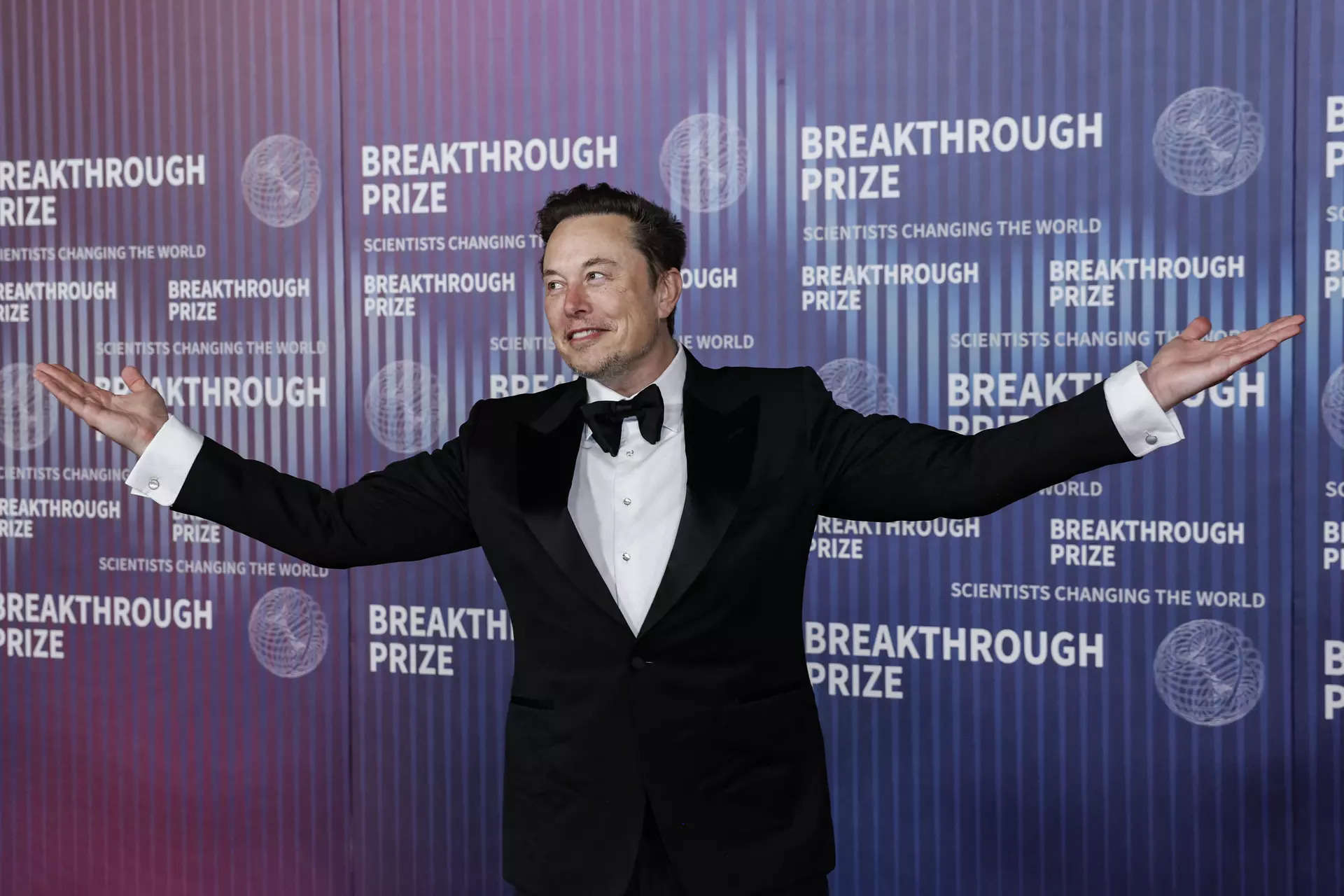The beginnings of virtual romance
It all started in July 2022, reports the Business Insider, when the woman couldn’t hold it to be added as a friend on Instagram by someone claiming to be her idol, Elon Musk.She had her fair share of initial doubts, as the woman told the KBS, but she became convinced she was communicating with the real Silicon Valley mogul after he sent her photos that appeared to be his official ID and workplace.
The fake Musk then began developing an emotional connection, talking about his children, his commute to Tesla and SpaceX via helicopter and even claiming he randomly contacts fans. He regaled her with details of Musk’s alleged meeting with the South Korean president about building new Tesla Gigafactories.
“I Love You” from ‘virtual’ Elon Musk sealed the deal
However, the pivotal moment came during a video call when the impersonator declared, “I love you. Do you know that?” Little did she know that she was not speaking to the real Musk but rather falling victim to an incredibly realistic deepfake forgery designed to mimic his voice and appearance flawlessly.
“I experienced something like a dream last year,” the victim later told South Korean broadcaster KBS. “Although I have been a huge fan of Musk after reading his biography, I doubted it at first.”
With her emotions firmly manipulated by the scammer’s affections and fiction, the fake Musk convinced her to transfer 70 million South Korean won (around $50,000) to a bank account he claimed belonged to a Korean Tesla employee. He promised this investment would make her wealthy.
“‘I’m happy when my fans are getting rich because of me,'” the scammer deceitfully told her, according to Business Insider’s reporting.
Sadly, the money disappeared, and the woman’s dreams were shattered when she realised she had been the victim of a cruel romance scam.
A cautionary tale of love and money
The case of this South Korean woman falling for a fake Elon Musk is not an isolated incident. Love is one of the most exploited emotions by scammers to swindle money from people online. In the United States alone, romance scammers stole a staggering $1.3 billion from victims in 2022, according to reports.
The fraudsters have also exploited billionaire Elon Musk’s rising popularity and fame. In 2021, a teacher named Julie Bushnell from Hampshire, UK, was conned out of £9,000 by a Bitcoin scam that falsely claimed Musk was having a “giveaway” where he would double any invested amount.
There have even been instances of people impersonating Musk’s likeness and persona. A Chinese man named Yilong Ma has drawn attention by posting videos mimicking Musk’s appearance on TikTok. Musk has expressed interest in meeting Ma, but only if he can verify Ma is not utilising deepfake technology himself.
